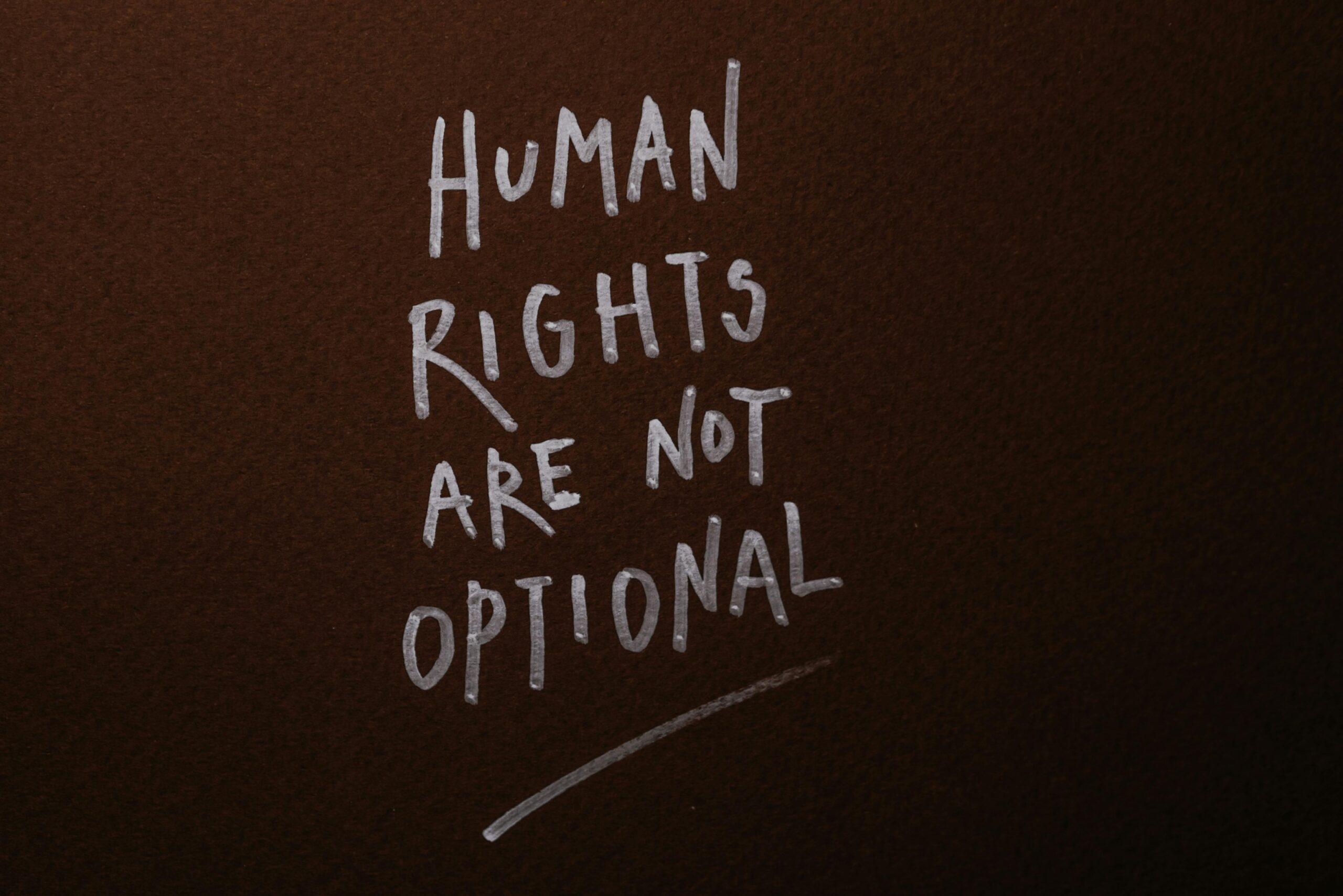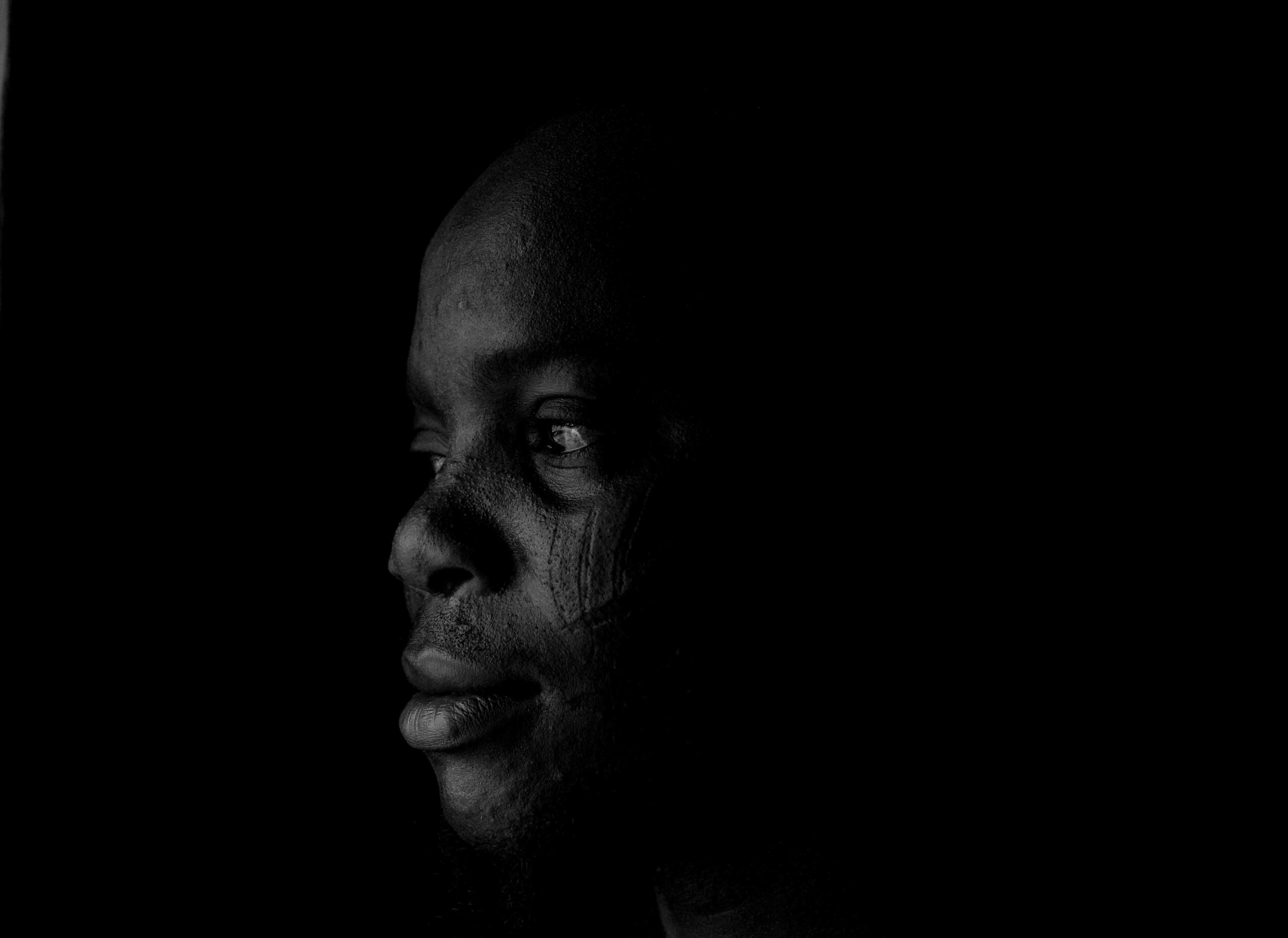Category: Creative Writing

When a Student’s Envy Turns Criminal
Ikemefuna will never get fat. He was the type of person who could eat endlessly without gaining an ounce. It was astonishing to see him consume large amounts of food without any visible weight gain. A good wonder as I watched in envy as he effortlessly glided from one chair to another in the cafeteria,…

A Student’s Extraordinary Seminar Defense
Egbokhare stepped into the hall, it was filled with her coursemates milling about, some doing last-minute checks on their notes; some simply gisting in their clique corners and talking about which examiner was the hardest and the errors they would find in their seminar papers, some others were practising their presentation, lip syncing in an…

When Family Becomes the Most Important Destination
Dertha started saying Mama often. She would point at Chinaza’s picture on the wall, beside the big family portrait and say, “Mama! See Mama!”At first, Nonso would smile and nod agreeably with her, “Yes, it is Mama.” He would then swing her into a hug and they would scan Chinaza’s framed photo, the only one…

Balancing Freedom And Boundaries; Should Humans be Bound By Laws
Have you ever wondered why there are human rights and, at the same time, limitations to human rights? Have you thought about why rules and regulations of the University were reiterated to your hearing during your orientation programme as a fresher?. Have you considered why constitution is part of an organization’s standard?. The constitution is…

Aminah, my friend smiled last
I didn’t need a soothsayer to tell me Aminah had cried all night. Was it her swollen eyes that didn’t pass the message to me or her gloomy face? It was Aminah’s husband that called me at the odd hours of the night. He had travelled and wasn’t at home; he pleaded with me to…

The Art of Building Vocabulary for Writers
Enhancing your writing skills as a writer significantly hinges on improving your vocabulary. This is because words serve as your sole means to convey emotions. The more extensive your word bank, the better your ability to effectively string together thoughts into a message that delivers the intended impact. A broad vocabulary allows for clear and…

A Story Of Unrequited Love
This is a story of unrequited love between two people, Emeka and Adaobi. In the vibrant city of Lagos, where the streets thrummed with life and the air was thick with the scent of spices and ambition, lived a young man named Emeka. He possessed a quiet strength and a soulful gaze that spoke volumes…

A Simple Guide To Not Working Blindly
While I stood by the corner of the road, I watched as the young man struggled to cross over to the other side. He made a series of attempts but his efforts proved abortive. I mean, If only he had someone to guide him or even a white cane, he wouldn’t have stressed so much…

On Astrology and Star Gazing
Since ancient times, across multiple continents, there has been an eagerness among humans to predict what the future holds. This eagerness is present in many legends and folklore across the world. Divination, astrology, and acromancy of various kinds, many of which have been scientifically proven wrong, were given prominence regarding knotty decisions. This is because…










